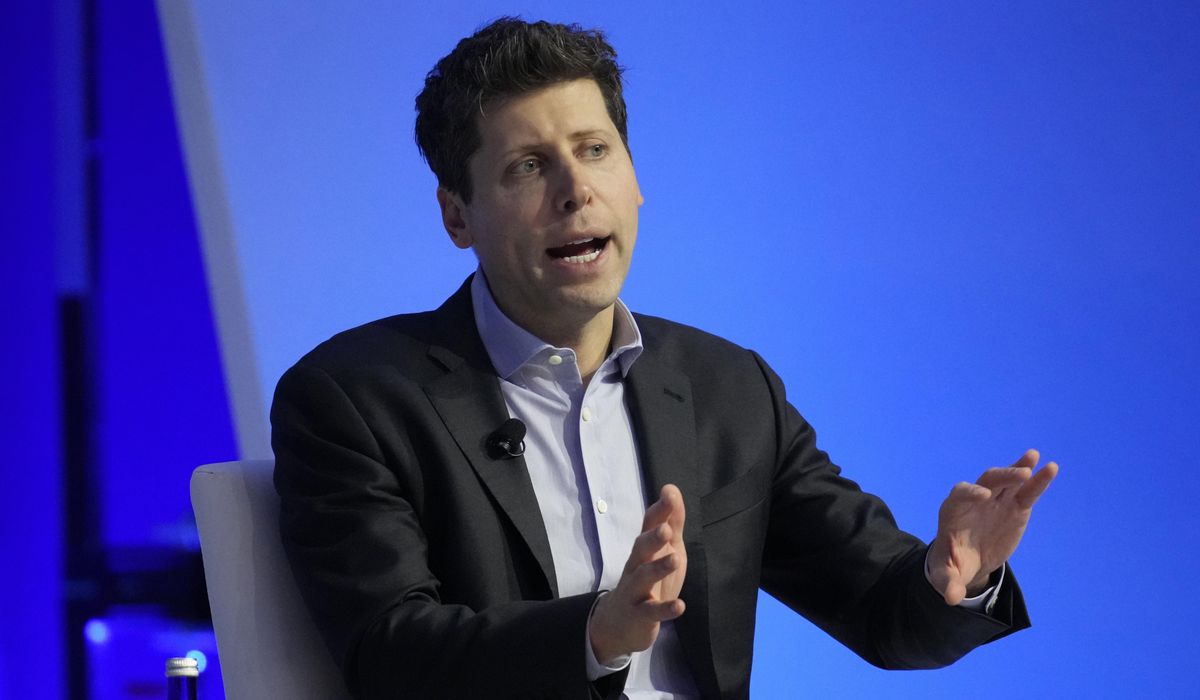


OpenAI CEO Sam Altman was in Washington on Thursday to discuss artificial intelligence policy on Capitol Hill, where efforts to write new laws to govern AI have slowed to a crawl.
Fresh off a trip to the Middle East, Mr. Altman was spotted by reporters exiting Sen. Todd Young’s office. The Indiana Republican is a member of the Senate Artificial Intelligence Caucus and has worked closely with Democratic leadership in pursuit of major AI legislation.
Mr. Altman told CNBC he talked with the senator about his desire for the U.S. to write AI legislation and he did not come away with a clear idea of when a bill could move forward in Congress.
“There’s obviously a lot to do, it’s a complex thing, so we’ve been asking for updates on that in meetings,” Mr. Altman said. “I don’t think we have a view yet on when it’ll happen.”
Mr. Young set low expectations for Congress to pass an AI legislative package earlier this year.
After working with Senate Majority Leader Charles E. Schumer and a small group of lawmakers to shape a comprehensive approach for AI, Mr. Young said in January the Senate was instead pursuing a slew of more limited AI-related bills.
While Congress is prioritizing other bills over AI policy, other efforts to write AI rules are speeding ahead in Washington and foreign capitals.
Last month, President Biden imposed new rules on U.S. federal agencies’ use of AI, the European Parliament approved the EU AI Act to regulate AI, and China announced new efforts to police generative AI as well.
Such efforts do not appear to have curbed the ambitions of AI makers worldwide.
Mr. Altman‘s OpenAI reportedly eclipsed the threshold of earning $2 billion in annual revenue in the last six months and he has embarked on an international search for more funds, including from the United Arab Emirates.
He is seeking up to $7 trillion for a new effort to manufacture chips and power AI, according to the Wall Street Journal.
Mr. Altman met with investors and government officials in the UAE this week, according to Bloomberg news agency, as part of his effort to secure foreign funding.
• Ryan Lovelace can be reached at rlovelace@washingtontimes.com.
